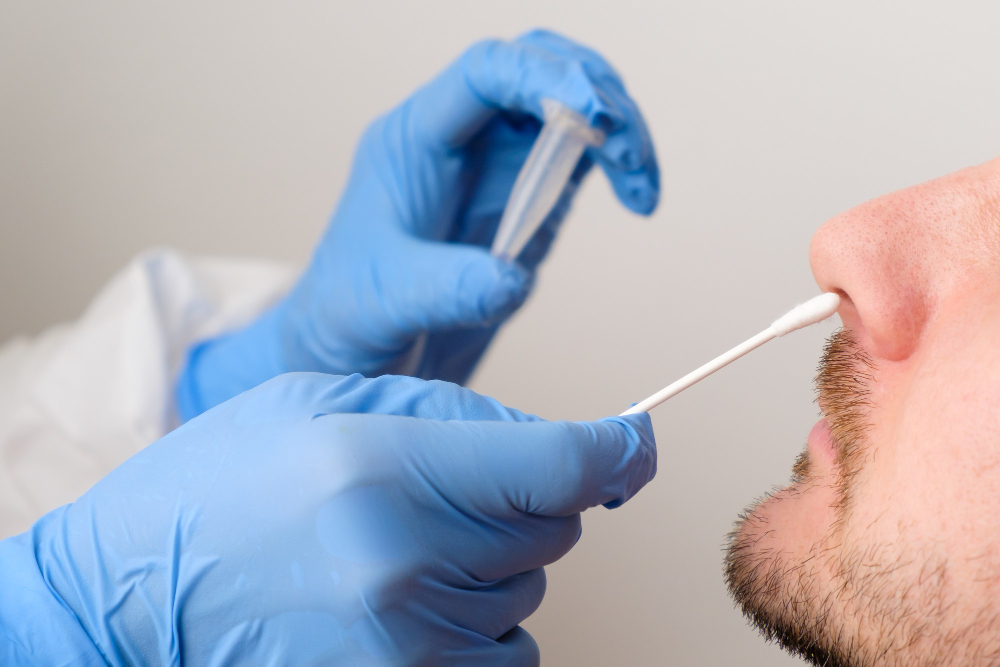What is the H3N2 Test?
The H3N2 test checks for the H3N2 strain of the influenza A virus. This virus can cause the flu, which spreads easily from person to person. Doctors use the H3N2 test to find out if someone has this specific type of flu. Because early detection helps with treatment, the H3N2 test is important for quick care. Many people ask, “How is H3N2 diagnosed?” The answer is through this simple test.
Why is the H3N2 Test Important?
First, knowing if you have H3N2 helps doctors choose the right treatment. Also, it helps prevent the spread of the virus to others. If you test positive, you can take steps to protect your family and friends. In addition, health experts use test results to track flu outbreaks. This helps them warn the public and plan for care. According to the CDC, early testing can lower the risk of severe illness.
Symptoms That May Require an H3N2 Test
Sometimes, flu symptoms can look like other illnesses. However, certain signs may mean you need an H3N2 test. If you have any of these symptoms, talk to your doctor:
Moreover, people with weak immune systems, young children, or older adults should get tested sooner. Early testing can help prevent serious problems.
How is the H3N2 Test Performed?
The H3N2 test is quick and simple. Usually, a healthcare worker will use a soft swab to collect a sample from your nose or throat. The process takes only a few seconds. After that, the sample goes to a lab for testing. Sometimes, rapid tests can give results in less than 30 minutes. However, lab tests may take a day or two. Either way, the test is safe and does not cause much discomfort.
Understanding Your H3N2 Test Results
Once your results are ready, your doctor will explain what they mean. If the test is positive, it means you have the H3N2 flu virus. In this case, your doctor may suggest rest, fluids, and sometimes antiviral medicine. If the test is negative, you may have another illness. Still, your doctor will guide you on the next steps. Remember, only a healthcare professional can interpret your results correctly.
Prevention and Next Steps After Testing
After testing, it is important to follow your doctor’s advice. If you have H3N2, stay home to avoid spreading the virus. Wash your hands often and cover your mouth when you cough or sneeze. In addition, getting the flu vaccine each year can help prevent H3N2 infection. The World Health Organization recommends yearly flu shots for most people. Finally, if your symptoms get worse, contact your doctor right away.
If you think you need an H3N2 test or have questions about your health, consult your healthcare provider for personalized advice.

